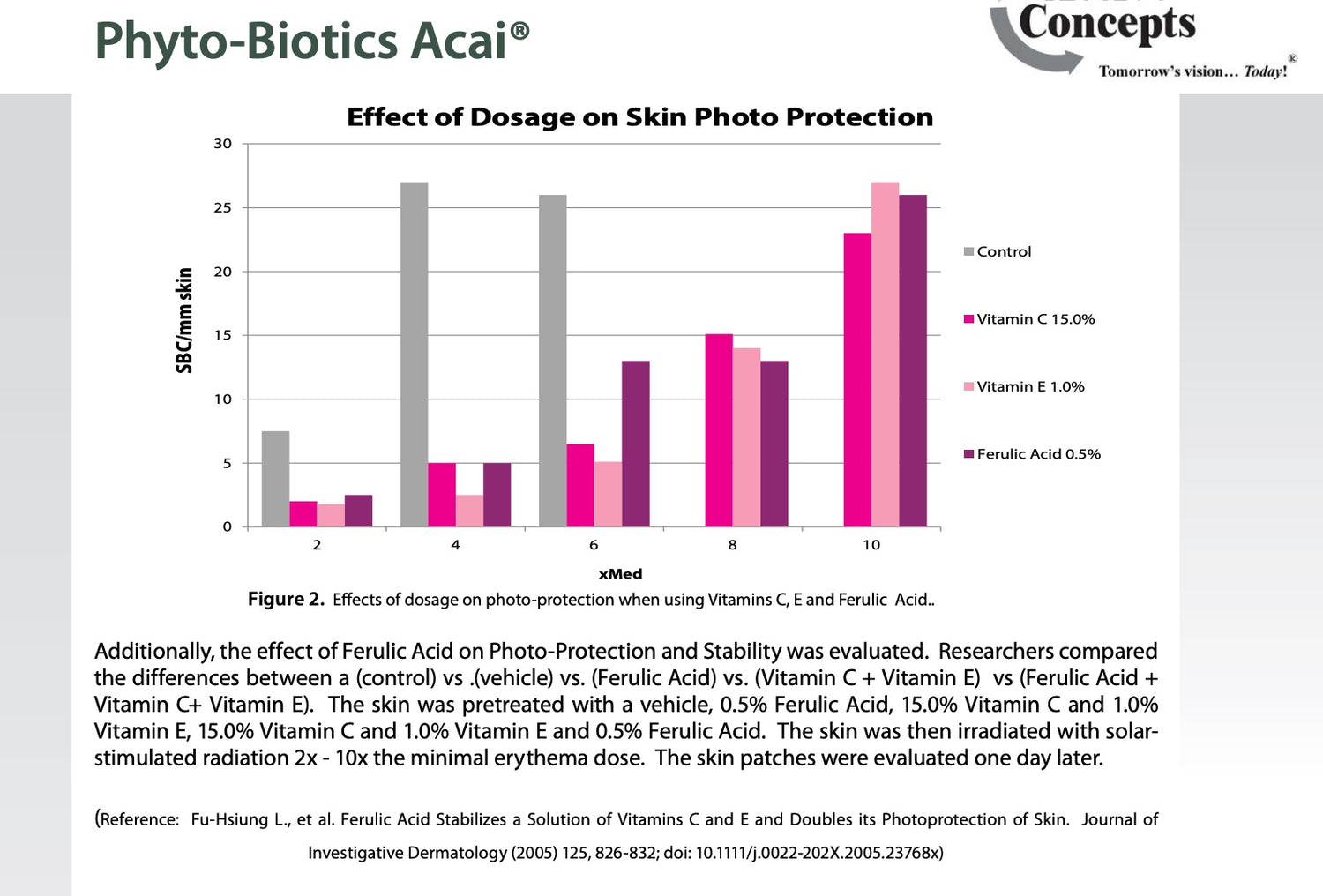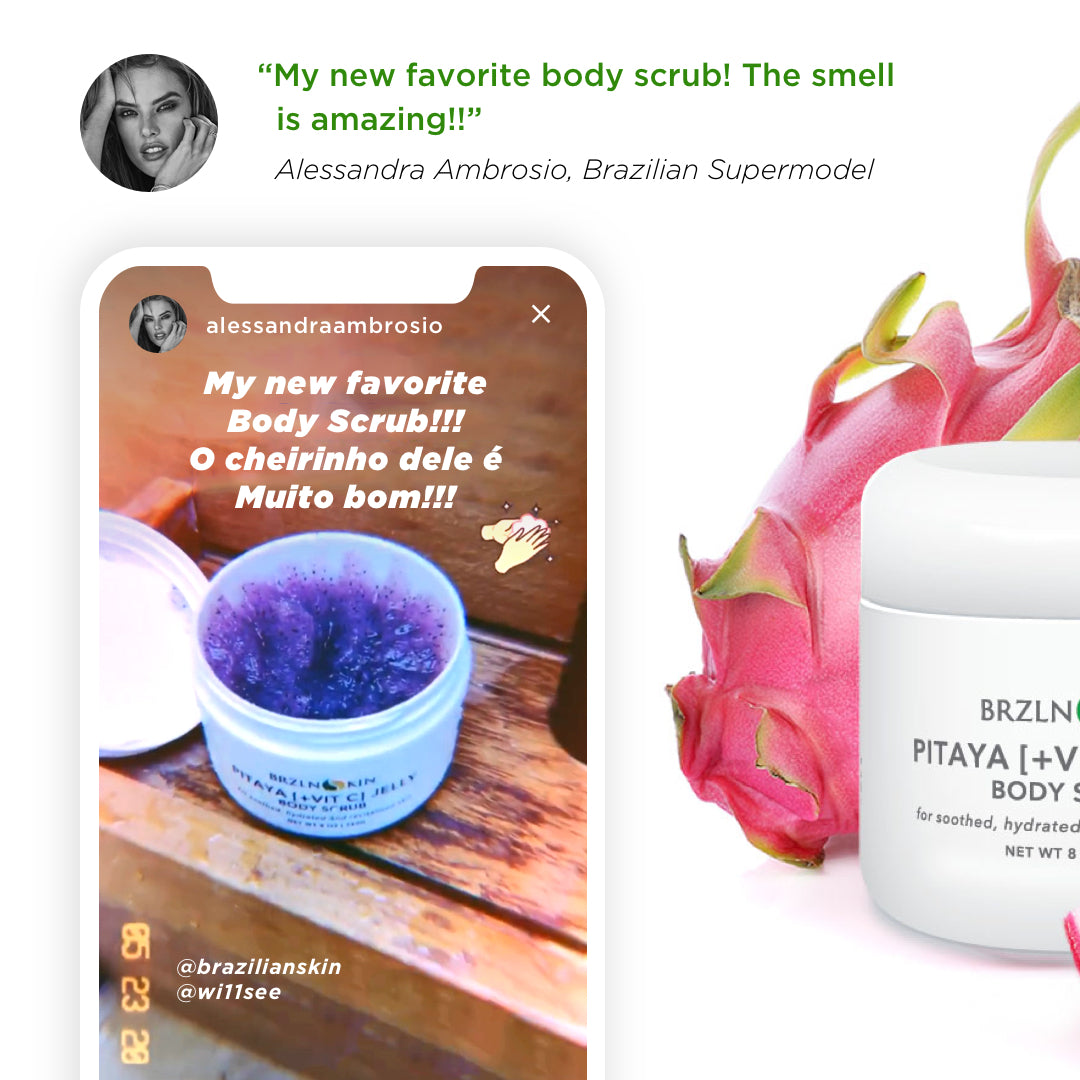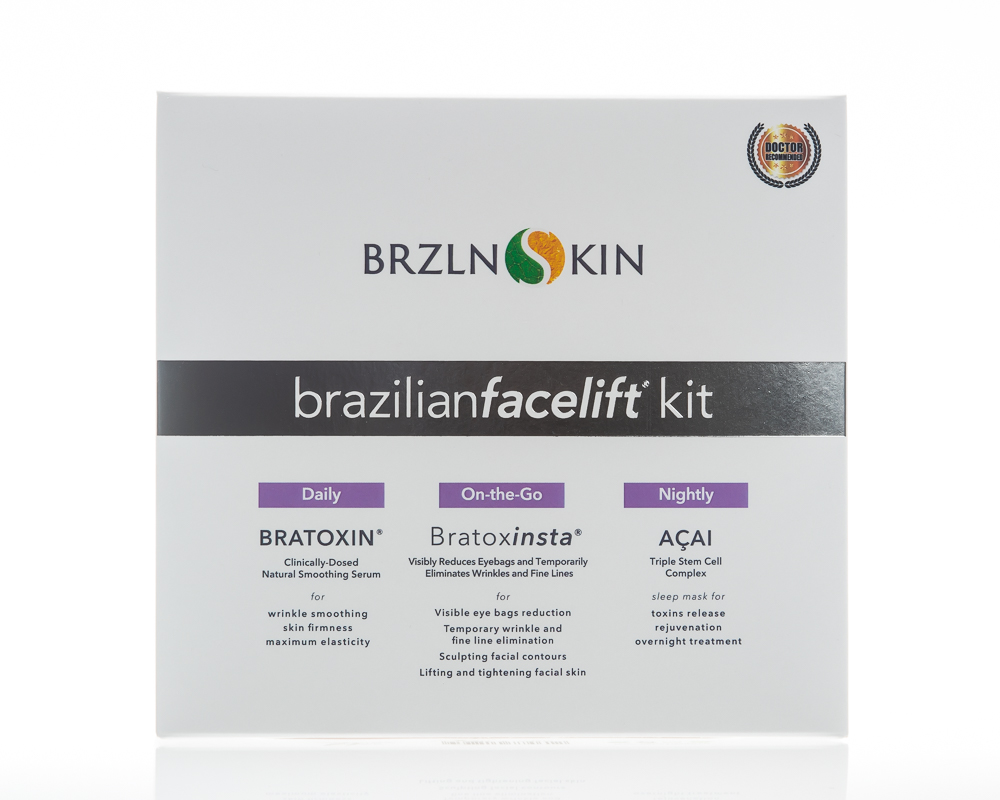When we talk about a face mask we refer to a particular cosmetic product used to counteract certain skin disorders or blemishes that affect the skin of the face.
The regular/weekly application of face masks gives the skin a youthful and fresh appearance: it is not by chance that these cosmetic preparations are very popular in beauty salons, especially by women who always love to show a shiny and elastic skin and to feel (why not?) younger and beautiful.
To immediately stifle any possible "exquisitely masculine" thought in the bud, it is worth pointing out that face masks, so popular with the female world and even worldwide, should not be considered a mere and sad caprice to "appear".
Each face mask is in fact studied and perfected for a long time according to the type of skin it is intended for and to the client's requests.
The effectiveness of the product is given by the wise association of functional active ingredients incorporated in the recipe: face masks can be made to hydrate, revitalize, tone, detoxify, purify, nourish, soften the skin or whatever. Many women rely on the therapeutic-like effect of face masks also to disguise small imperfections - which, let's face it, are not very popular with men - like scars left by acne or skin spots that visibly affect the image of a person.
Why organic face masks are good for your face
-
Thoroughly cleanses the face
Every day we clean the face using gels, soaps, oils, etc. However, the purification with a good organic face mask is more accurate and thanks to its properties, the mask penetrates into the deeper layers of our skin, not only the upper part, thus better cleansing the complexion. This is the kind of detox that our skin needs.
-
Unlocks clogged pores
The mask will generally cleanse, so it will also unlock our pores. If any dead skin, dirt, excessive sebum on the surface of the skin, etc. are removed, our pores will be cleaned. There is nothing worse than clogged pores, it is an open path to inflammation and the formation of pimples. Regular use of organic face masks keeps our complexion clean, which means we have fewer chances for uninvited guests on our face.
-
Stimulates blood circulation - the skin regains its glow
Organic face masks can help stimulate blood circulation, especially masks containing in their composition various types of scrubs. The time when the mask dries up and the moment of washing it, causes the blood vessels to expand in our skin. As a result, the skin receives more nutritional value and improves the overall appearance of the skin. Our complexion regains its glow, it is smoother and softer to the touch.
-
It will help in overall skin care
Thanks to the regular use of organic face masks, our skin is always well-prepared for the next care stages. So, all kinds of serum, tonic, a cream that we apply after using the mask, is better accepted by our skin, which means that it works better, faster and more efficiently.
-
Relax
We cannot forget about the relaxing aspect of applying a face mask. There is nothing better than 20 - 30 minutes for yourself with a mask. If we add a few drops of our favorite essential oil to the mask, we take a hot bath, we have a total SPA experience. Pure skin and a clean, relaxed mind.
-
Will attack a specific problem
Depending on whether we are struggling with excessively dry, oily, dehydrated skin or appearing wrinkles, we can always choose the right mask for our needs. So for all skin types, we can find a properly functioning organic face mask.
-
Very easy to use
Using and applying organic face masks is very easy. All you need is 10-30 minutes free and ready.
-
Two or even three in one
This is related to the above points. Not only does the face mask cleanses, but it also acts as home microdermabrasion, meaning we have purification, removal of dead skin and stimulation of blood circulation. The organic mask has lots of benefits and a great multifunctional cosmetic.
As mentioned, there are different types of face masks that are characterized by different composition and also by different methods of application.
These different types of masks can be classified according to their function, or based on the formulation. From a formative point of view, the most commonly used face masks are probably those with two bodies and the mask-creams.
The two-body face masks they are composed "simply" from a vehicle (base) in which a mixture of functional actives is incorporated. Most often, the vehicle consists of bentonite, a material derived from volcanic rock that lends itself excellently for this purpose. This natural compound is, in fact, widely used as a base for face masks because it has an extraordinary affinity/compatibility with many molecules.
Furthermore, by absorbing a generous amount of water, the bentonite easily transforms into a dense and gelatinous mass, so as to facilitate its application on the skin.
The active ingredients dispersed in the vehicle can be the most disparate: antioxidant extracts, skin purifying, soothing, emollient, moisturizing, lightening, revitalizing, etc.
The two bodies that characterize this type of face mask (vehicle and active substances) must be prepared separately and, only later, can be mixed.
The mask-creams, however, are simple cosmetic preparations, standardized and ready to use. In fact, they usually do not require any kind of preparation and should simply be applied to the skin.
Finally, there is another type of face mask ready for use that does not require any preparation. These masks are characterized by the fact that the active substances are distributed on a solid support of cotton or cellulose (face mask in fabric), specially shaped to adhere to the face.




